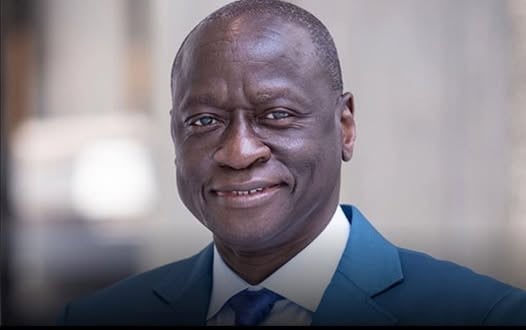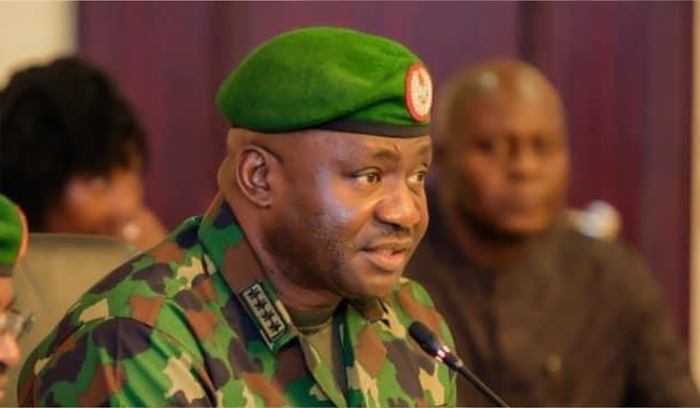UPND's Response to Archdiocese of Lusaka on Constitution Reforms
UPND’s Response to Archdiocese of Lusaka on Constitution Reforms:
Key Takeaways;
1. Strong Relationship with the Church
•UPND, through its Chairperson for Religious Affairs and Chaplaincy Services (RACS), Dr. William Njombo, reaffirmed its cordial and cooperative relationship with the Church, despite criticism from some clergy.
•The Church remains a vital partner in shaping Zambia’s moral and spiritual direction for national development.
•Dr. Njombo urged the clergy involved in partisan politics to declare their affiliations, rather than using the pulpit to champion an opposition political agenda.
2. Clarifying the Nature of Current Reforms
UPND Media Director Mark Simuuwe stressed that current constitutional reforms are fundamentally different from the failed Bill 10, which was widely rejected for its controversial content.
•Proposals now under consideration do not include abolishing the Industrial Relations Court, regulating church morality, or expanding presidential powers—some of the most contentious aspects of Bill 10.
3. Emphasis on Inclusivity and Governance
•The proposed amendments aim to promote proportional representation, efficient governance, and equitable constituency delimitation—rather than furthering narrow political agendas.
•The reforms reflect a long-term legislative vision that prioritizes national interests over partisan gain.
Contentious Provisions in the flawed Bill 10 Addressed by UPND
Article 2: Preamble Revision
• Bill 10’s attempt to replace “multi-religious” with “Christian” was seen as exclusionary and a potential violation of religious freedom.
• UPND argues that such a change would undermine Zambia’s constitutional protection of religious diversity.
Article 8: Christian Morality Clause
• The definition of “Christian morality” is subjective and varies widely across denominations. UPND opposed imposing a vague and divisive moral standard on a diverse population.
Article 189(2): Pension Rights
• Bill 10 proposed repealing protections that ensure retirees receive timely pension payments. UPND opposed this, citing the PF government’s past failures to pay retirees on time.
Article 186: Civil Servants and Elections
• The proposed requirement for public servants to resign two years before elections was seen as undemocratic and a violation of the freedom to participate in public affairs.
Other Major Criticisms of Bill 10
Institutional Threats
• Abolition of Civil Service Commissions (e.g., Teaching and Local Government Commissions): Undermines accountability and public service integrity.
• Scrapping the Industrial Relations Court: Would delay justice for workers in employment disputes.
Electoral System Changes
• Replacing presidential runoff elections with coalition governments could introduce political instability, as seen in other African nations.
Judicial Independence
• Bill 10 would have allowed Parliament to determine the number of judges in higher courts, risking undue political influence over the judiciary.
Traditional Leadership
• Parliamentary control over the recognition of chiefs would politicize traditional authority and disrupt Zambia’s dual legal system.
Executive Overreach
• The President would have been empowered to alter provincial boundaries without parliamentary approval—eroding checks and balances.
Deputy Ministers
• Reintroduction of these positions was criticized as costly and unnecessary, having been abolished in 2016 for redundancy.
Weakened Accountability
• Removal of requirements for Permanent Secretaries to appear before the Public Accounts Committee would have eroded financial oversight.
• Undermining the Auditor General’s independence would weaken anti-corruption efforts and public trust.
Lack of Accountability for Office Bearers
• A clause that would protect incompetent officials from removal until the end of their term was labeled undemocratic and harmful to good governance.
Clarifying Misconceptions
Delimitation
• Constitutionally required every 10 years.
Presidential Petitions
• Revision of the 14-day limit for presidential election petitions, arguing it compromises fairness and due process.
Positive Steps in the Current Proposal
• Mandatory Resignation of Ministers 90 Days Before Elections: Promotes fair electoral competition, unlike Bill 10, which allowed them to stay in office during campaigns.








